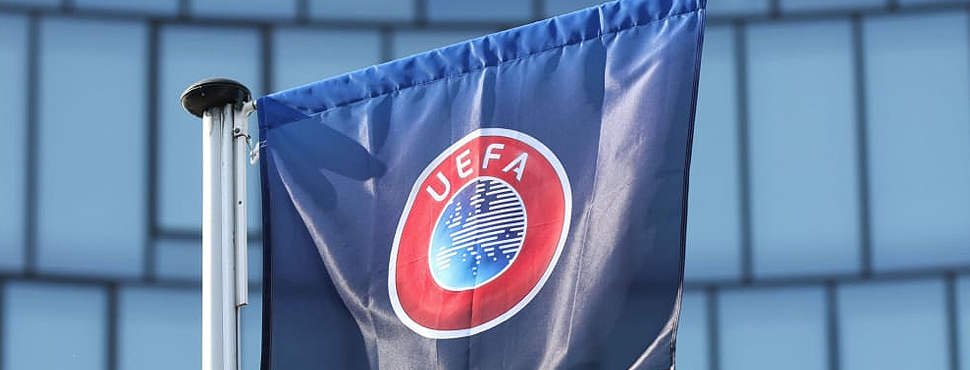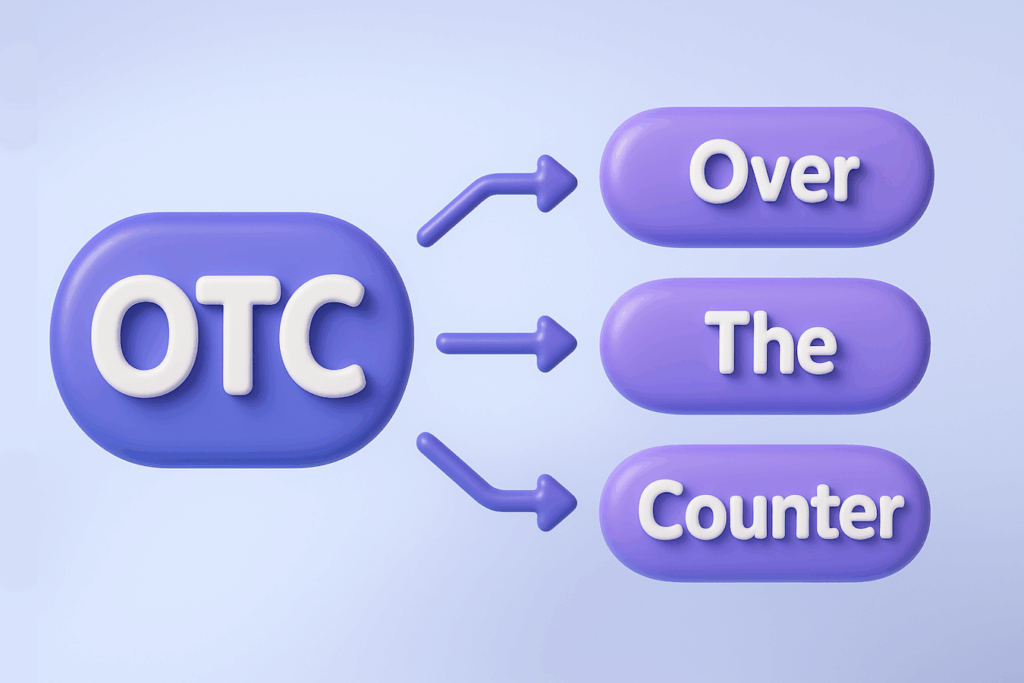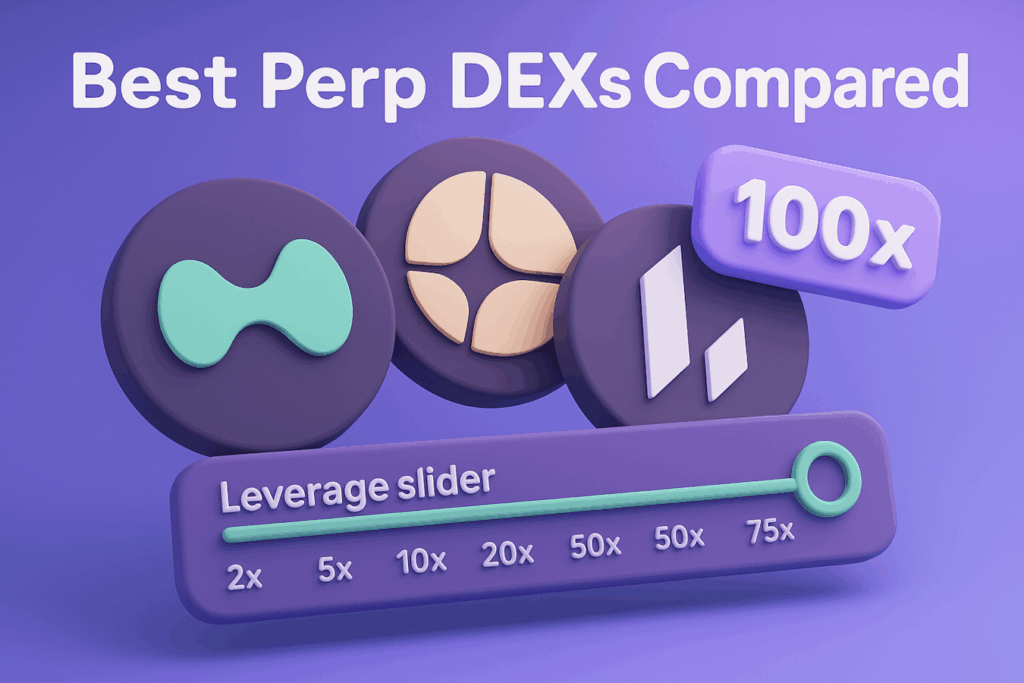share
The digital economy is boosting all over the world with multiple fintech innovations using blockchain, digital assets, machine learning, and Web3 to change the way people interact with financial services. Distributed ledger technology remains one of the hottest trends among financial, government, and commercial organizations worldwide.
It is really important to stay tuned for the latest updates within the blockchain community. Let’s take a look at the most interesting solutions that use blockchain technology at the moment.
UEFA Will Distribute Over a Million Tickets for Euro 2020 Through the Blockchain Technology
Due to the current circumstances, the biggest sports organizations are searching for new ways to boost revenue and keep their clients satisfied. At the same time, they want to adapt to today’s digital economy. Blockchain technology, in particular, has been utilized by major companies already in different ways. It is especially utilized as a solution to send digital tickets and special offers. These companies also provide notifications about the latest updates and more to event-goers, thanks to blockchain.
In addition, blockchain provides organizations with a ticket exchange that facilitates total control of primary and secondary segments and makes ticket distribution smooth.
This time, football fans will receive more than a million tickets purchased for the 51st match of the upcoming European Championship through the blockchain-based mobile app.
The Union of European Football Associations (UEFA) is confident that the new system will increase safety and convenience for football fans by preventing counterfeiting and duplication of tickets.
Tickets can be downloaded to the app seven days before the match. It will be crucial to activate them in the immediate vicinity of the stadium via Bluetooth and utilizing a QR code.
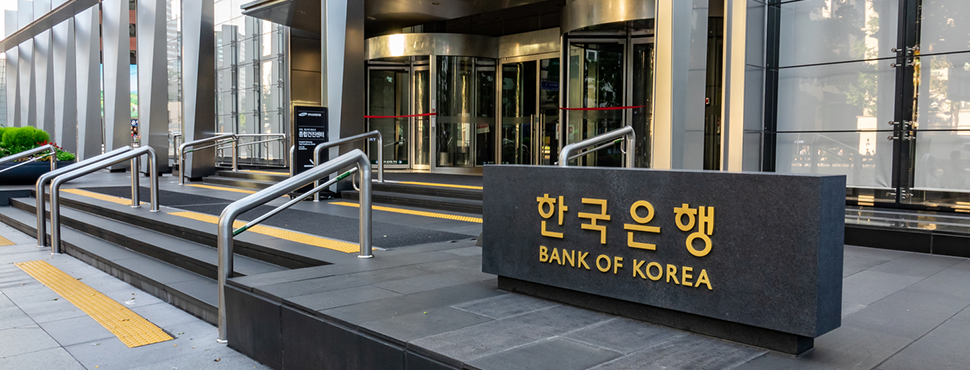
Financial Institutions of South Korea Join the Race: Central Authorities Will Create Blockchain Technology for the Bond Segment
Global central banks are increasingly considering blockchain technology as a tool to increase the efficiency and transparency of interbank operations. A blockchain-based bond exchange system is being developed by the South Korea Central Bank. As stated in the strategy, it will improve market accounting and expedite settlements.
Yonhap Infomax reports that the Bank of Korea inspired the new decision by the example of the World Bank, which previously, together with the Commonwealth Bank of Australia, successfully sold bonds on the Ethereum public blockchain totaling $ 108 million.
The system will be developed for joint use by the relevant financial firms and central authority, as well as the Central Bank and the Fair Trade Commission (FTC), the market regulator.
Still, it is not disclosed whether only government bonds will be implemented into the blockchain initiative or whether it will also have corporate debt obligations.
Scottish startup plans to create a blockchain solution for processing satellite data in the mining sphere
In an article in Oil & Gas Middle East, it is reported that the European Space Agency (ESA) has announced funding a blockchain initiative to build a blockchain-based service that will help to boost the transparency and accuracy of satellite data for mining organizations.
The solution implements a startup called Hypervine from Glasgow. According to the team behind the project, mining companies have been compelled for months to verify information from numerous reports with data from satellite sources. A small creeping error can lead to serious, even catastrophic, consequences.
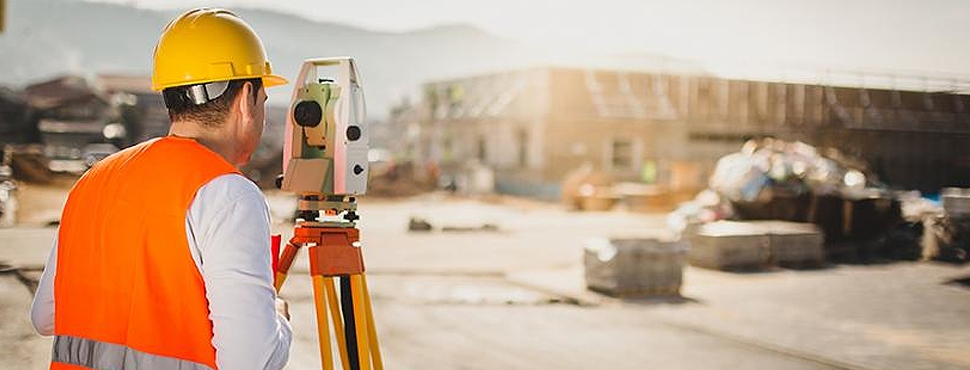
Utilizing Distributed Ledgers Will Exclude the Risk of an Increase in Changes in the Data Chain, Which Will Prevent Miscalculations
As we all may have noticed, climate change has become a key priority within different countries over the last few years. They appeared due to rising concerns over environmental changes that were urged by the emission of greenhouse gasses into the atmosphere. This time, blockchain technology can be the most powerful tool to significantly refine the situation.
ESA and Hypervine are confident that the blockchain system will not only lower the cost of conducting geodetic work at new places and potential risks for local groups but will also provide better environmental protection by boosting operational efficiency and decreasing carbon emissions.
Organizations can also use blockchain technology to reduce carbon emissions and improve our environment, helping build trust between them and the technology.
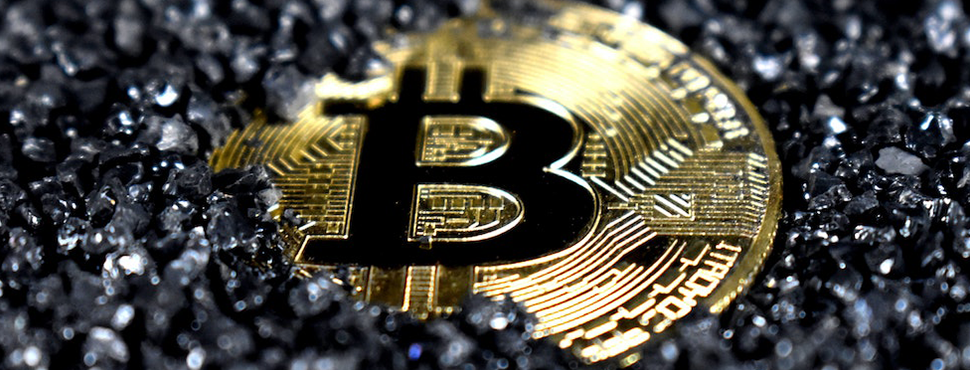
That is all for now. You won’t miss blockchain technologies and digital currencies on ICODA. Stay tuned for the latest updates.Stay tuned for the latest updates.
